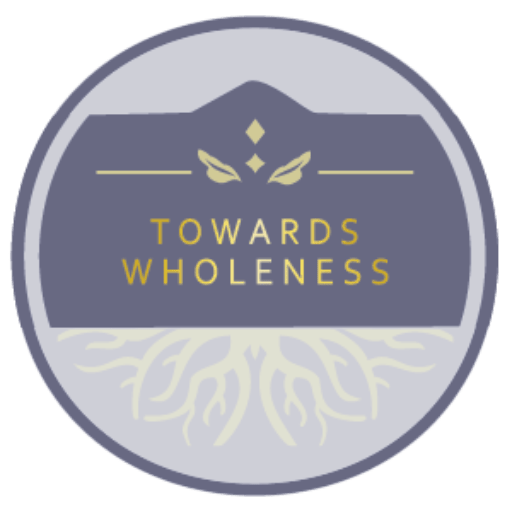When we do our inner work, we invariably come up against deeply ingrained patterns of being in the world that have outgrown their purpose. These might be ways of relating or behaving that developed at a young and tender age; ways of seeing, experiencing and being in the world that helped us manage or at times survive our early environments. The Self finds ingenious ways of keeping us safe and intact, of helping us cope and adjust to limitations in early life.
With our young hearts and souls, we found ways to wrap our early imprints of disappointment or trauma with survival defenses, that in time became firmly set into who we know ourselves and the world to be. Such patterns become automatic points of reference through which we evaluate our experiences in the world. They trigger habitual responses that don’t always correspond to our current reality, but emerge from a distant past, threading us to our early pains and troubles. The defenses we develop in order to survive our early wounds are situation specific and in time expire their usefulness. What is a refuge at one point in life can become a restrictive prison further down our life line.
Life has ways of bringing us up against the limitations of our early defenses. It sets us up against challenges that help us recognize the areas in life that require our growth and change. Life will always call on us to grow in step with our new realities. It will find us locked and lost in loops that hold great power over us and the call to break through will often feel like an impossible task. The loop we are called to break through might be an addiction, indiscriminate acts of rage, a difficulty in sustaining intimate connections, a timeless isolation; prisons we resent and at the same time sustain diligently out of a deep loyalty to the experiences and life assessments of our earlier self.
The first encounter on our journey of changing such deep-seated patterns will be with our doubts and sense of despair; our distrust and resistance to change. To become aware of these early parts of us lies at the root of any transformation journey. But insight is often not a sufficient force of change in itself. It needs to be supported by a process of weaving and embedding our insights into our ways of being. This process, like any transformation, has to be guided by patient exploration and regular acts of practice.
We might find the opportunities to practice in a quiet meditative reflective space or in the midst of the deafening thunders of an argument or a panic attack. The opportunity to practice will be disguised in things we dread: a sense of rejection we have to deal with, a conflict with a friend, a requirement to say no and set our boundaries, a compulsion to attack ourselves. We have to recognize times of conflict or crisis for what they truly are. Every such instance is a call to practice, to do our inner work, to build new muscles that will support us internally and externally. Every such call is a great teacher and guide in disguise that opens for us the opportunity to heal the ghosts of the past and arrive in the safety of the present moment, in the holding of our current adult self.
Building new emotional, relational, behavioral or existential muscles in our lifetime is a process that can only arise from a place of deep commitment to ourselves. In these acts of practice and presence we commit to showing up for ourselves and our needs. Inner work, ritual acts of practice and mindful presence, will reward us with new resources and possibilities. In time, new ways will gradually become familiar, awkward attempts at doing things differently will slowly align with us, old obstacles will be met by newer versions of ourselves. This is an act of transformation, of bringing the shadows of the past into the light of the present moment, of turning a challenge into a gift, an obstacle into an ally.





